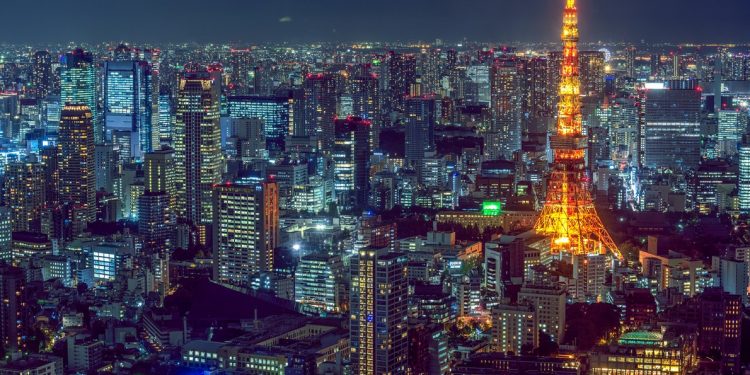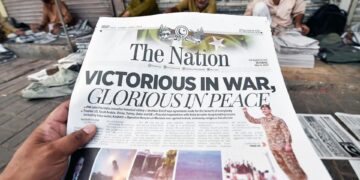Of the major sporting events around the world that have been struggling for a semblance of return to normalcy, a considerable mountain looms — the 2020 Tokyo Olympic Games.
Initially scheduled to begin in July, the event has been tabled altogether for an unknown date, with officials announcing a return “by the summer of 2021”.
But medical experts say that the Games, which involve over 200 countries, would pose a major health risk to not just the Japanese public, but to participants and officials all over the globe, with antibodies and vaccines predicted to be insufficient even if available.
“With events like the Olympics, the virus will come in for sure and the number of infections will shoot up inevitably,” Daiichi Morii, one of the doctor’s from Osaka University Hospital’s infection control team, told Reuters.
“The virus is barely under control as we are putting a halt on the inflow of people from overseas. With the Olympics, the number of infections will inevitably rise.”
Experts also believe that, despite hundreds of potential vaccines in trial, none will be ready in time for the Olympics, a sentiment that is echoed by professor Atsuo Hamada of the Tokyo Medical University Hospital.
“Even if a vaccine has been developed by then, it’s near impossible for it to go around the world.”
With a population of 14 million in Tokyo alone, Japan’s relative success in containing the virus effectively means very few antibodies among the population. According to a government survey, only 0.1% of Tokyo residents have coronavirus antibodies, as compared to 14% in New York and 7% in Stockholm.
Tokyo, as well as some of its bordering areas like the western region of Kansai, have also seen new single-day records for the number of infections ever since the government lifted its nationwide state of emergency in May 2020.
Yet despite seeing a spike in new infections over July, the country has marginally skirted the destructive effects in comparison to other countries around the world, which has led authorities and the government to rule out the abolishing of the Olympics altogether.
President of the Olympics organising committee Yoshiro Mori has reiterated his hopes for the Games, stating that a watered down, simplified version will provide a safer environment, as well as cut costs, although no concrete plan of action has since been announced.
Yet, concerns are aplenty throughout the city. In a Tokyo voter survey conducted by one of Japan’s most substantial newspapers, the Asahi Shimbun, almost 60% of citizens polled have reiterated that the Games should be postponed further or better yet, cancelled altogether.
Mori, together with recently re-elected official Yuriko Koike, have set up plans for a dedicated task force with the authorities to be enacted by September to address the growing public concern.
The current re-elected governor of Tokyo, Koike has stated on multiple occasions her insistence on going ahead with the Games. However, no concrete point of action, or plan, has been set out by the government nor the Olympics production team yet.
The delay has cost Japan between $2 billion to $6 billion, having already spent roughly $12 billion in preparation; and while the host country disputes the Games’ possibility, all around the globe the pandemic’s effects are further compounded.
In the United States, television broadcaster NBC, having already pledged about $8 billion for media rights to the Olympic Games’ franchise, are scrambling to find solutions for the circumstances amidst the possibility of a compressed competition.
The US, usually boasting the largest population of participants in the Olympics, now finds itself in the middle of discussions to reduce the participating contingent, or pull certain athletes out of the games entirely.
“It’s impossible to predict what the circumstances will be a year from now,” said Molly Solomon, executive producer at NBC for the Games. “This has a chance to be the most memorable Games in History.”
To date, the US has recorded 4.75 million cases of the virus, with 157,000 deaths. Worldwide, there have been 18 million cases, with 689,000 deaths.
The Olympics have only been abolished during the two World Wars, with one also being Tokyo, in 1940.














